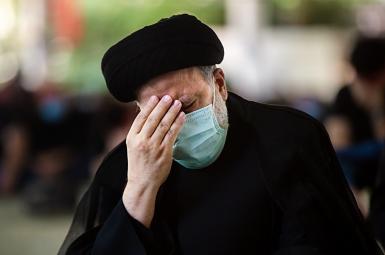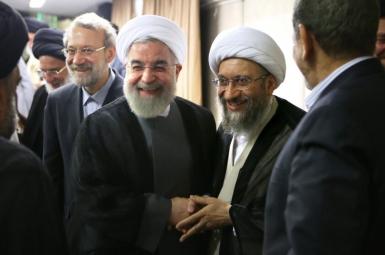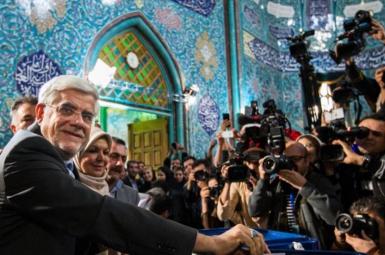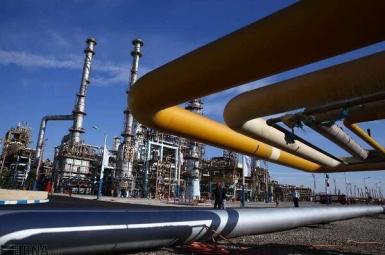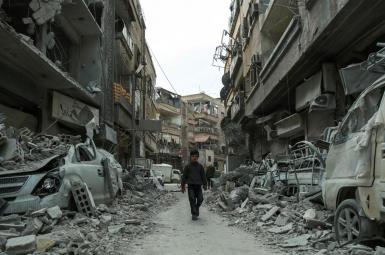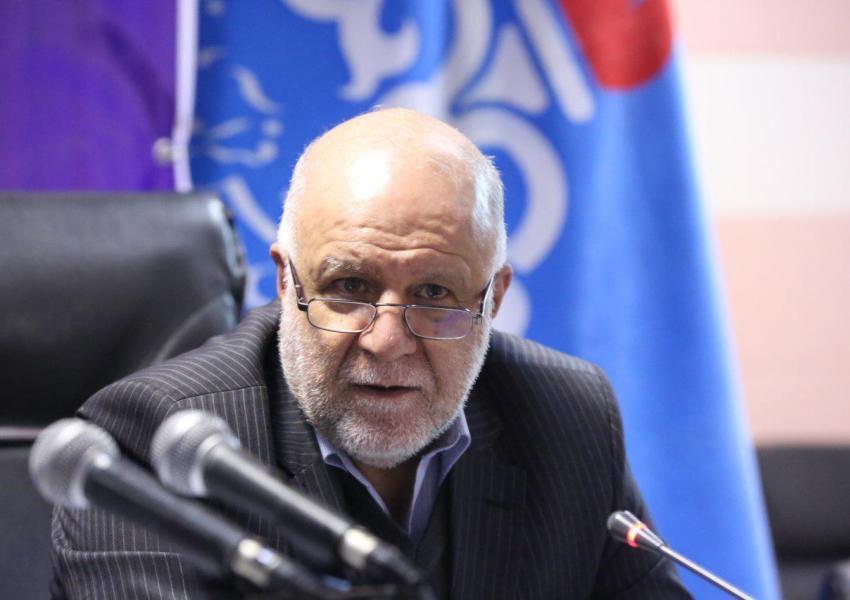
Iran's 'Sheikh Of All Ministers' Might Decide He Is The Best Choice For President
The Islamic Republic of Iran’s annual budget for the next Iranian year starting March 21, 2021, is mainly based on overly optimistic oil revenue projections. If everything works well for Tehran, the government hopes to sell 2.3 million barrels of oil per day, about half for export at an average price of $40 per barrel.
Iran’s leading economic daily, Donya-ye Eqtesad, characterized the projected figures as “optimistic.” These figures are based on a possible rapprochement with the new US administration due to take office in January.
Last year’s budget was based on the projected oil exports of one million barrels per day at an average price of $50, which did not materialize as a result of US sanctions on Iran’s crude exports, creating a huge budget deficit.
President Hassan Rouhani’s hardline opponents are also attacking his proposed budget, saying that besides high expectations of oil exports, a big part of revenues are based on borrowing, a dangerous proposition for the country. Hardliners might be nervous that after Rouhani leaves office next year, they will be stuck with a budgetary time bomb, as they are counting to win the presidency. But there are still speculations about Rouhani’s cabinet members ready to run in the June 2021 Presidential elections.
According to Hamshahri Online, oil minister Bijan Namdar Zanganeh is one of those who might decide to run. He is possibly counting on his expertise in running the oil industry as a key outlet for revenue for the Islamic Republic.
Hamshahri Online wrote that Zanganeh became Rouhani’s oil minister in 2013 when Iran’s oil exports were at record lows. “Many extraction and production projects had been shut down. But with the conclusion of the 2015 nuclear deal,” as international sanctions were lifted, “oil exports also returned to normal, although Iran was still fighting hard to regain its OPEC production quota.”
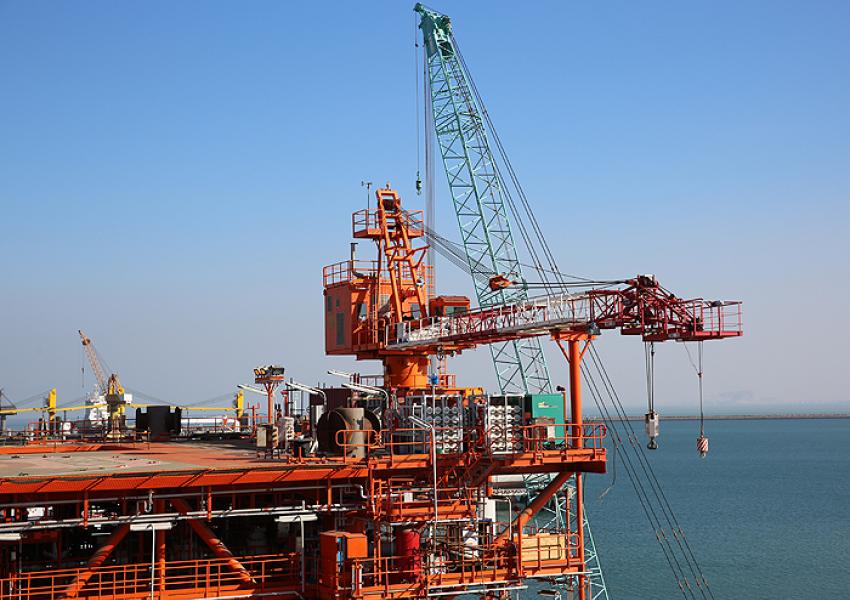
A natural gas platform being deployed for South Pars fields. January 6. 2018
The publication added: “Zanganeh played a key part in the negotiations for Iran’s production quota and in winning the trust of major energy companies such as Total to invest in Iran despite the opposition by Iran’s hardliners.” The economic uptick did not last long after the US withdrew from the nuclear deal in 2018 and imposed sanctions on the Islamic Republic.
The downside for Zanganeh as a candidate is Supreme Leader Ali Khamenei's call for the election of “A young and revolutionary” president. Zanganeh, who was born in 1952 is not considered young and his reputation in the Iranian political landscape is one of a “liberal technocrat,” a characteristic frowned at by hardliner revolutionaries. Apart from that, like everyone else, he would be at the mercy of the conservative Guardian Council during the vetting that precedes the voting.
Zanganeh is a leading member of the Executives of Construction Party whose members uphold the more pragmatic political and economic ideas of the party’s founding father former President Akbar Hashemi Rafsanjani.
As a senior member of the cabinet who has also served in ministerial and other key positions in the Rafsanjani and Khatami administrations from the mid-1990s to mid-2000s, the Iranian press calls him the “Sheikh of All Ministers,” [Sheikh ol-Vozara].
If he remains in the cabinet until the end of the Rouhani administration’s term of office, he will set a record of serving for 16 years as Iran’s oil minister.
Zanganeh’s previous positions include Minister of Construction Jihad (1984-1989) in the cabinet of Prime Minister Mir Hossein Mousavi, Minister of Energy (1989-1997) in the cabinet of President Rafsanjani, Oil Minister (1997 – 2005) in the Khatami administration, and once again the Oil Minister since 2013.
Khamenei appointed him a member of the Expediency Council in 2002 but did not renew his membership in 2012.
Zangeneh had no position in the administration of the ultraconservative President Mahmoud Ahmadinejad. He worked with the private sector from 2005 to 2013.
He takes pride particularly in his career as oil minister: “One should be patient and resilient if he wants get things done in Iran. I know how Iran can be developed,” he said while opening a South Pars gas project. Nonetheless, Iran’s conservatives have been constantly criticizing his performance particularly since 2013.
Referring to his age, he has said: “Political retirement is meaningless. However, I am not going to work with the government after I finish my current term of office.” But nobody in Iran believes politicians who say they would quit or they will not run for President.
Zanganeh was born in Kermanshah in 1952. His highest academic degree is a master's degree in Civil Engineering from the University of Tehran (1977).
In October 2020, the US Department of Treasury sanctioned Zanganeh and several other oil industry officials.

